Home > Wisconsin > Wisconsin Farm to Table > Wisconsin-Made Spirits Feature Grains Grown by Local Farmers
Wisconsin-Made Spirits Feature Grains Grown by Local Farmers
In partnership with: Wisconsin Department of Agriculture, Trade and Consumer Protection.
Local craft distillers are using Wisconsin-grown agricultural products to create adult beverages enjoyed in the region and beyond, a practice that’s bringing big benefits to both farmers and consumers.
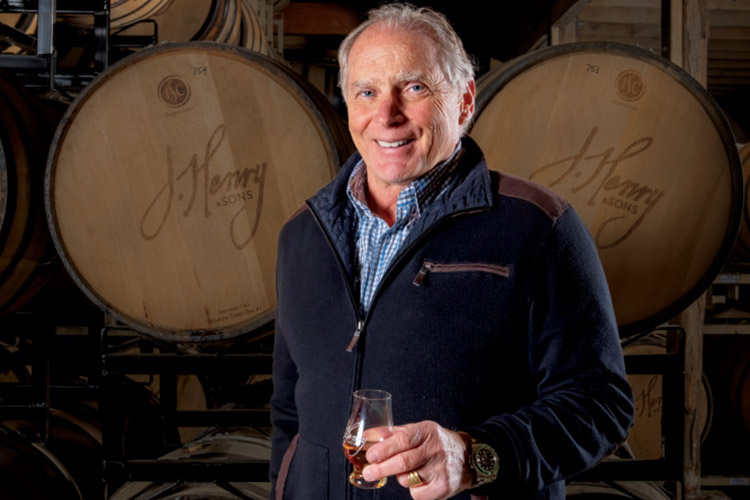
J. Henry & Sons Bourbon Features Local Products
After visiting the Kentucky Bourbon Trail, Joe Henry, who has been a seed producer in Dane County all his life, decided to add bourbon production to his repertoire. As a result, J. Henry & Sons Bourbon was born in 2009 and made available to the public in 2015.
In order to create his bourbon, Joe revived an heirloom red corn variety developed at the University of Wisconsin in 1939, which Liz Henry, Joe’s wife, says helps to make J. Henry & Sons Bourbon so special and flavorful.
“We are the only people on the planet using this variety of corn to make bourbon, and it’s very important to Joe. After all, his father raised it for more than 30 years on the family farm [Henry Farms], which is also where Joe farms today,” Liz says. “This corn variety is naturally red in color, yielding a beautiful bourbon that has a smooth, mellow flavor.”
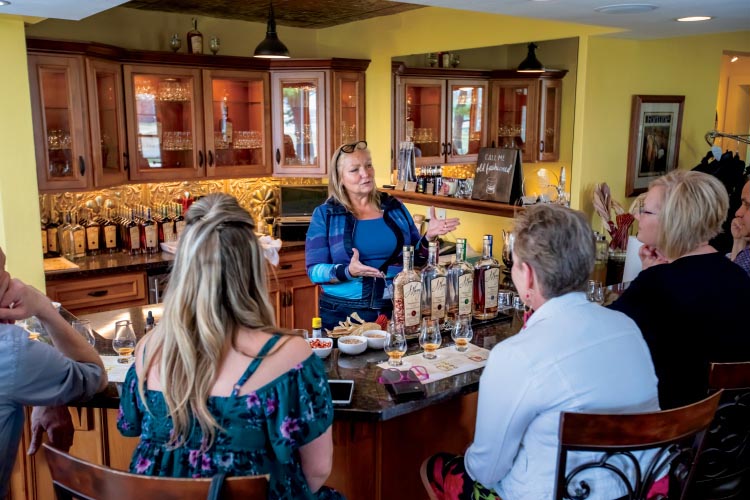
Along with heirloom red corn, Henry Farms grows wheat and rye, both of which were also developed at the University of Wisconsin and are used to create J. Henry & Sons Bourbon’s award-winning spirits. Each spirit is aged a minimum of five years in barrels made of Wisconsin white oak.
“Before our first product [J. Henry & Sons 5 Year, 92 Proof Small Batch Bourbon] even went to market in April of 2015, we entered a competition and won a gold medal from the American Distilling Institute. We took that as a very good sign of things to come,” Liz says. “Since then, we’ve won more than 40 awards and honors, and all of those were determined by blind taste testers who are bourbon experts. We feel proud that our products made entirely with Wisconsin ingredients are getting so much attention and recognition both nationally and internationally.”
Also see: Trout Springs Isn’t Your Average Wisconsin Winery – Here’s Why
Henry Farms has entered the agritourism area, too, converting the living room of the 1840s farmhouse where Joe grew up into a tasting room.
“What’s probably most exciting to Joe and me is the fact that our sons are interested in keeping the family business alive,” Liz says. “We feel hopeful that our farm and bourbon might live on for years to come.”
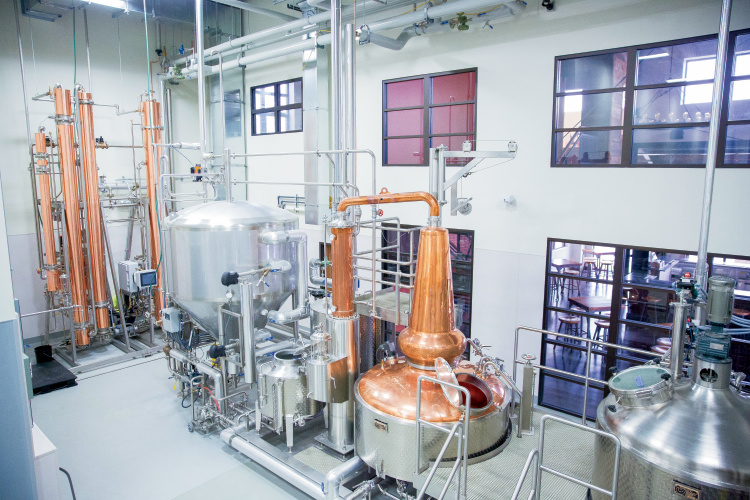
Dancing Goat Distillery Sources Organic Grains
Located just outside Madison in The Vineyards at Cambridge, Dancing Goat Distillery opened to the public in 2017, debuting its collection of spirits created using organically grown Wisconsin grains including corn, rye, wheat and malted barley.
“We couldn’t do what we do without Wisconsin farmers,” says Mike Reiber, Dancing Goat Distillery’s chief operating officer. “We have to have conscientious growers and suppliers in order to create high-quality products; if the grain isn’t high quality, our spirits won’t be, either. We’re thankful to live and work in a state where we can depend on our farmers.”
Also see: How Wisconsin’s Wheaton Grain Gained Attraction From Foreign Buyers
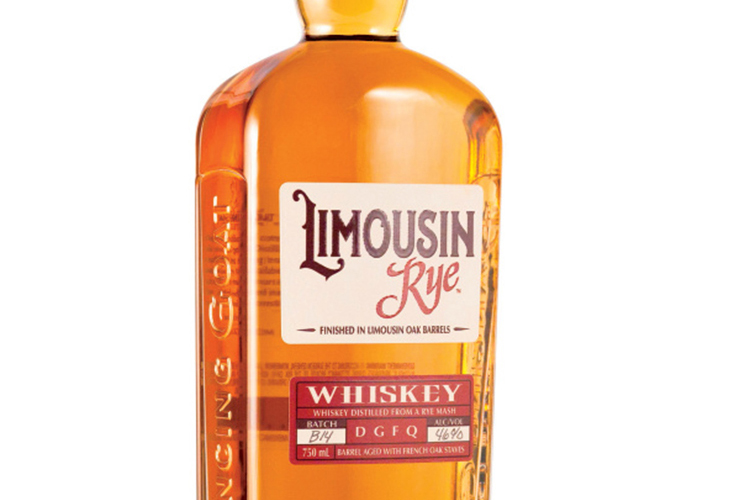
The company produces the Dancing Goat Distillery Limousin Rye, which is aged with innovative barreling techniques using three different types of vintage and new oak, as well as three liqueurs: Travis Hasse Apple Pie, Travis Hasse Cherry Pie, and Travis Hasse Cow Pie that features Wisconsin dairy cream. In the near future, Dancing Goat Distillery plans to expand its offerings to include gin products.
Tours and tastings are available Thursday to Sunday in Dancing Goat Distillery’s 21,000-square-foot facility that Reiber says you have to see to believe.
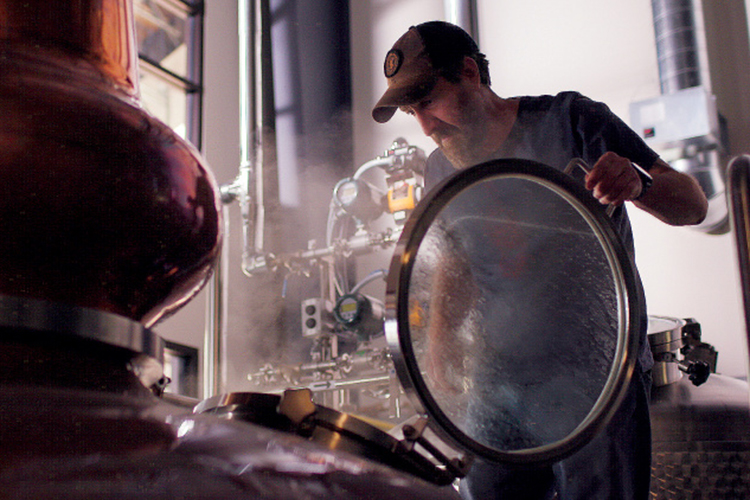
“We were focused on creating a destination that folks from all over the state would enjoy coming to,” Reiber says. “We wanted that ‘wow’ factor, and I think we have it. We are right next to Cambridge Winery in what can only be described as a storybook setting, and our building is beautiful, made entirely with reclaimed Wisconsin barn wood. There’s a warm, inviting ambiance that’s hard to describe. You just have to experience it for yourself.”



